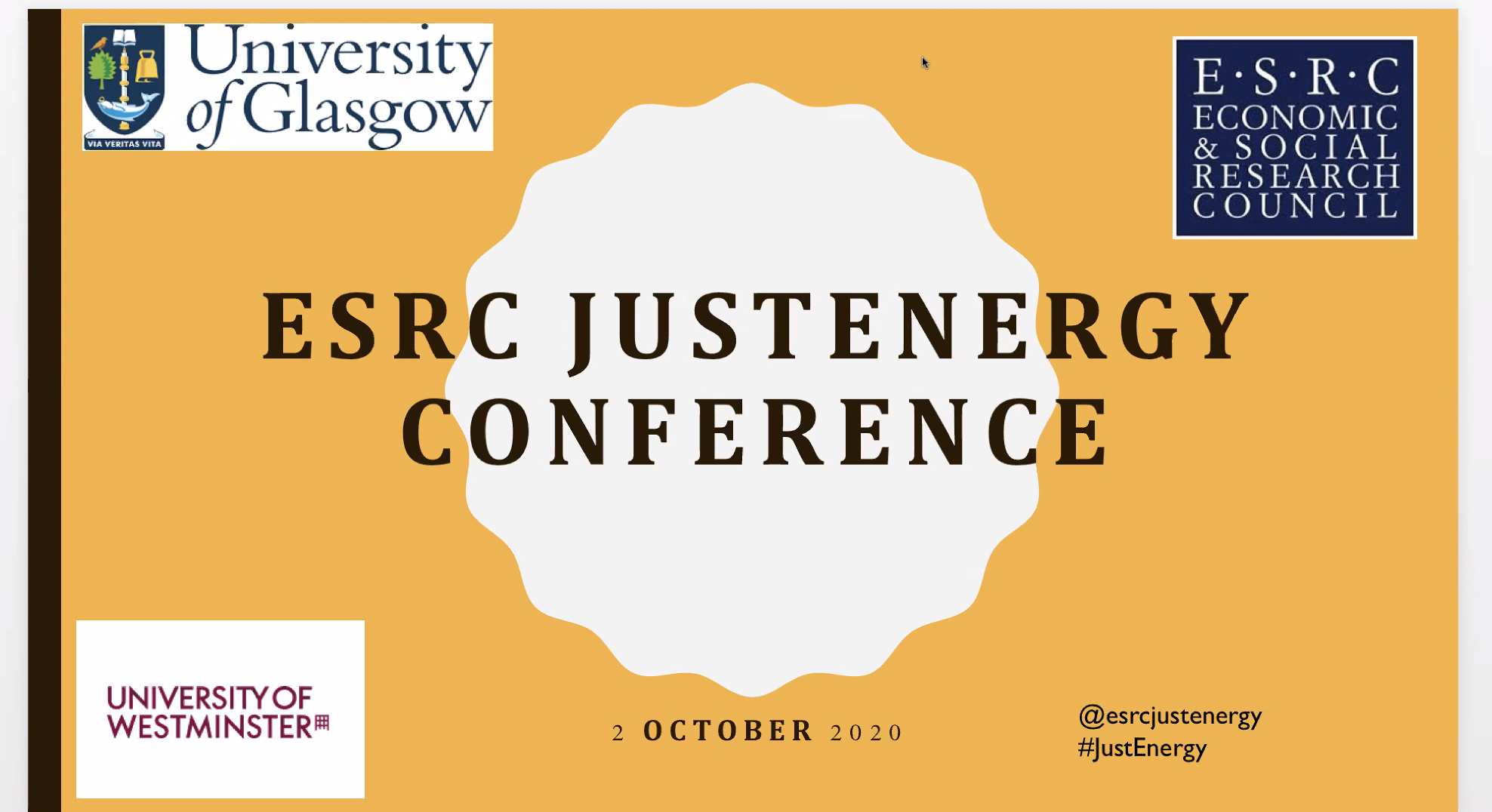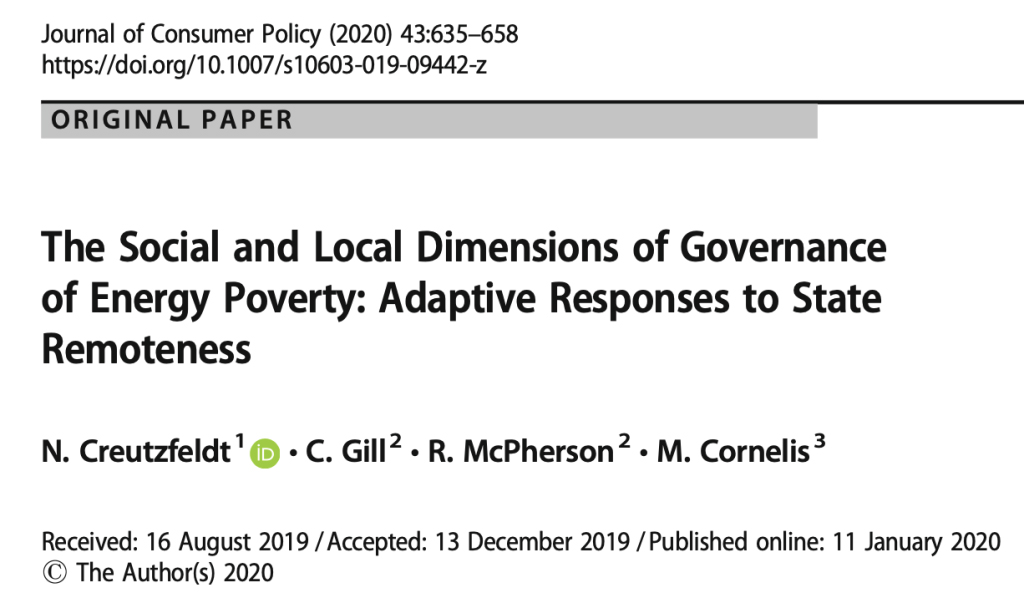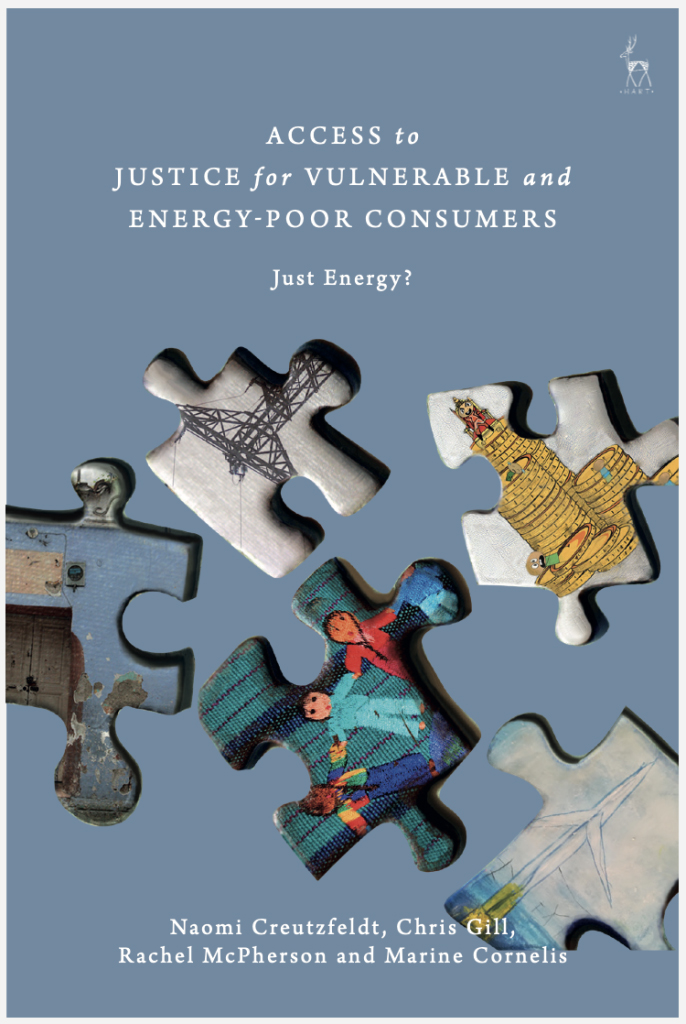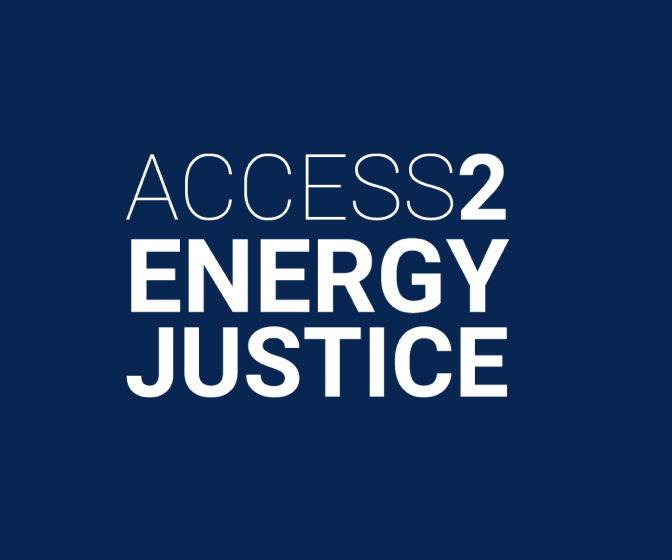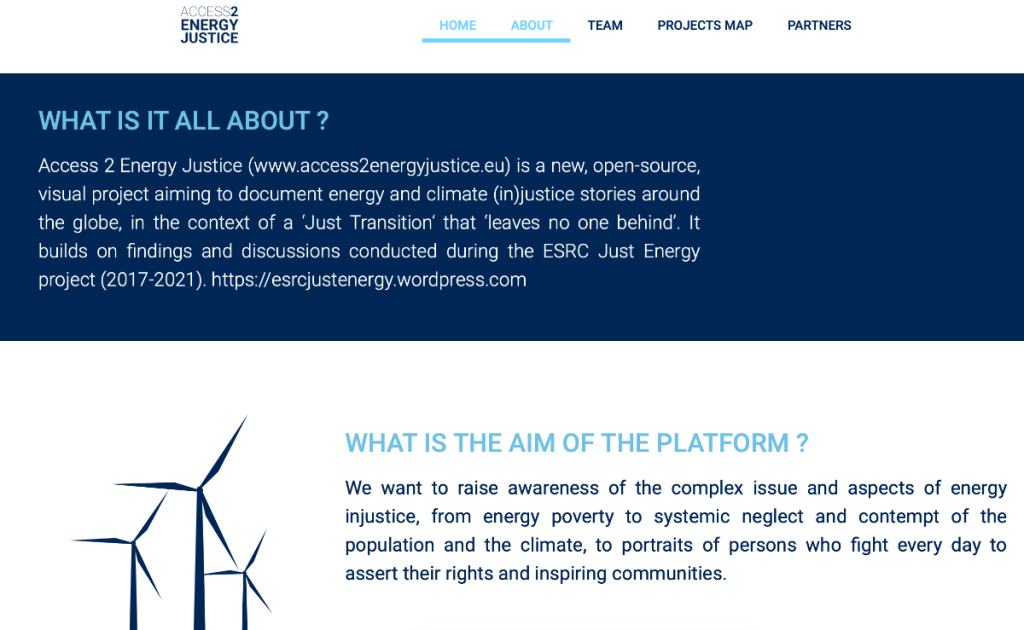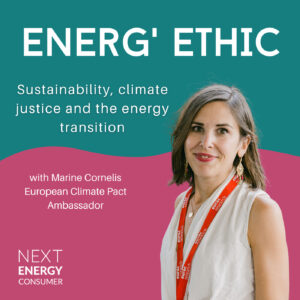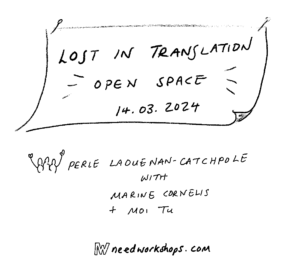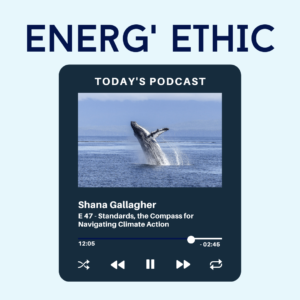Our Just Energy project (2017-2021) is located at the crossroads between academia and practice. To engage with the real world and to hopefully build an impact, we have looked at the situation in five European jurisdictions: the UK, France, Italy, Bulgaria and Catalonia. We chose those jurisdictions because of their different legal, social, geographical and economic backgrounds.
We found, however, that they have much in common regarding the accessibility of justice for vulnerable people. In our recent webinar, we presented some of our ESRC justenergy projects’findings:
- It is difficult for vulnerable consumers to access formal sources of help;
- ADR could be strengthened to play a bigger access to justice role;
- Local actors (community, third sector) are well placed to help vulnerable people;
- Joining up formal and informal actors is key to addressing access to justice gaps.
Our empirical project has a socio-legal focus and seeks to understand where the gaps are to access justice for those in vulnerable circumstances. One plug for these gaps may be provided by the energy ombuds, as long as consumers are signposted towards this service or find it themselves. Another plug is to think about help on the ground for communities and individuals. This help comes from local initiatives.
To wrap up, we are developing two practical initiatives to increase access to justice and awareness for vulnerable and energy-poor consumers: a toolkit for practitioners, and a website showcasing cases of access to justice.
Ombuds offer alternative dispute resolution (ADR) for consumers. They form one part of a wider (disconnected) system that ought to assist users of energy to claim their rights and help when things go wrong. They have the potential to form productive links with civil society, business and regulators to create a more systemic approach to tackle energy poverty.
Ombuds as access points to justice and basic rights
Ombuds have many options to help people in vulnerable circumstances:
- Offering help and signposting using multiple tools, including the telephone. European Directives foresee “single points of contacts” for energy users to turn to when they have questions regarding their rights, the applicable laws and access to redress (article 25 of the Market Design Directive, 944/2019). This role is performed by the ombuds in France.
- (Legal) option for making complaints via telephone calls possible. To further assist (vulnerable) consumers and citizens, certain complaints should be handled by the phone. This is already the case in the UK.
- Collaborate with anti-poverty organisations, social services and local workers to maximise access to the ombuds for vulnerable families, in particular, those with literacy issues or who do not speak the language. This is the case in Catalonia.
- Permanent cooperation between other sectoral ombuds and regulators to guarantee service and to avoid questions and complaints from (vulnerable) citizens falling between the (legal) cracks. This is the case in Belgium.
- Offer personalised services and follow-up on the complaints, even those that are not admissible. Technology will never replace human relationships. Vulnerable people might be affected by low self-confidence. Talking with empathetic complaint managers helps them assert their rights and recover the dignity that might have been lost because of many years of humiliating consumer services.
- Better acknowledge the different forms of vulnerability. Premiums or social tariffs apply to specific target groups in many sectors and services (healthcare, energy, telecom, water, public transport, etc.). These target groups can be quite different from each other with varying needs. It is, therefore, useful to have a broad reflection on this subject with vulnerable groups and the ombuds to identify the problems and formulate structural policy advice.
- Simplify access to fundamental rights and to maximise the automation of those rightswithout compromising individual access to those rights. There is a stigma associated with some wording. People should never feel ashamed of claiming those rights.
Ombuds should also be looking into practices of public authorities or economic sectors that can be misleading or damaging to vulnerable groups, such as:
- Dubious commercial practices, whereby the European ‘New Deal for Consumers’ clarifies which rules the Member States may introduce to protect the legitimate interests of consumers against particularly aggressive or misleading marketing or sales practices in off-premises sales (see Article 3.2 of Directive 2019/2161 on enforcement and modernisation of consumer protection law in the Union). “Greenwashing” should also be included in this scope.
- Discriminatory practices due to the digital transition and use of artificial intelligence. Consumers may have to use specific IT applications for access to services or are obliged to formulate a query or complaint by digital means only. However, digital illiteracy remains low in Europe.
- Simplifying and harmonising collection and recovery procedures, as well as preventing abuses. The collection procedures of governments and economic sectors differ in the charging of administrative costs and the timing for charging them (e.g. payment terms of 30 days or 15 days with different deadlines for sending invoices after the invoice date and for payment reminders and notices of default). Ombuds should be able to check the transparency and legality of those processes.
In sum, whilst the ombuds can be well placed to plug some of the above-mentioned gaps, the pathways to help consumers access justice need to be shared ones. Ideally, a combination of many actors (NGOs, regulators, advice providers, local community initiatives, GP surgeries, community centers…) need to work together to help users of energy claim their rights. In other words, the system needs to change to include access to energy justice, rather than asking people to take responsibility to assert their rights and defend themselves.
If help does not come from above – let’s go grassroots
More and more research is reaching out to the people and actors on the ground that operate and live in energy poverty. ENGAGER focused on New narratives and actors for citizen-led energy poverty dialogues in the times of the pandemic. Three key points are made:
- Domestic energy should be considered as a ‘human right’ and as social ‘commons’
- Inclusive community energy, led by citizens, enables more just and non-discriminatory policy outcomes, as long as barriers to participation, especially the ones related to gender inequalities, are considered.
- Citizen energy communities and ombuds have untapped capabilities to help address energy poverty. They can act as ‘engagement brokers’, whistleblowers or champions of the rights and voices of affected persons
We need you for the next steps!
We will implement two projects: a toolkit for practitioners and a repository of examples of access to justice for energy users.
- The toolkit will fill the gaps and help practitioners engage with vulnerable people and communities. It aims to bring information to users and to broaden access to justice for energy-poor and vulnerable citizens.
Please send us an email to help us set it up!! Here is our timeline:
You can access our conference padlet for the toolkit here and add to it: https://padlet.com/creutzn/toolkit
- Our next initiative – a platform that tells stories about people’s experiences, shares ideas, and raises awareness does just this. It tells stories of ordinary people and how they have overcome their struggles with the help of different actors.
Please visit the new platform and send us an email add to it, share it, spread the word so together we can help people access energy justice.
Find all about our webinar and the upcoming steps!

